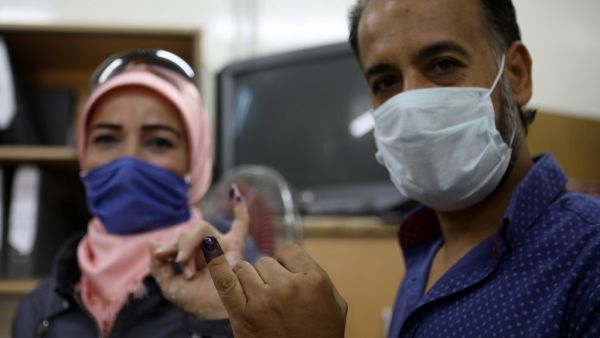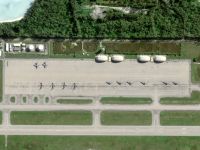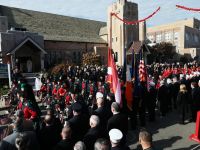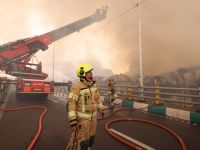Syrians voted Sunday to elect a new parliament as the regime grapples with international sanctions and a crumbling economy after retaking large parts of the war-torn country.
More than 7,400 polling stations opened across government-held parts of Syria, including for the first time in former opposition strongholds, the electoral commission said.
President Bashar al-Assad's Baath party and its allies are expected to take most of parliament's 250 seats in the third such polls to be held since the war started nine years ago.
In Damascus, dozens of voters -- some in face masks to prevent the spread of the novel coronavirus -- headed to polling stations to cast their ballots, an AFP correspondent said.
Inside one center, several posted their choice in a sealed envelope into a plastic ballot box, as organizers in face coverings and gloves looked on.
Nearby, volunteers carried the programs and pictures of their candidates of choice, and tried to draw in passersby to come in a vote.
Hana Sukriye, 29, an employee at the finance ministry, said she was voting for the first time in her life.
"My vote alone won't make a difference, but if we all come together to choose worthy candidates, there will be an impact and change," she said.
"Everybody needs to choose now so that they can later hold accountable and object to the performance of candidates who get elected" if necessary.
On the eve of the polls, one person was killed and another wounded in a blast in Damascus, state news agency SANA said, but the cause of the explosion was not immediately clear.
Several lists were allowed to run across the country but any real opposition is absent, and the ruling Baath party is expected to retain its hegemony.
Portraits of the contenders have been displayed across the capital for weeks, with the 1,658 candidates including several prominent businessmen.
The elections, twice postponed from April due to the coronavirus pandemic, come at a time when most Syrians are worried about the soaring cost of living.
Many candidates are running on programs pledging to tackle inflation and improve infrastructure ravaged by the conflict.
For the first time, voting will take place in territory retaken by the government, including in the Eastern Ghouta region outside Damascus and in the south of Idlib province in the country's northwest.
In the last polls in 2016, turnout stood at 57 percent.
This article has been adapted from its original source.








